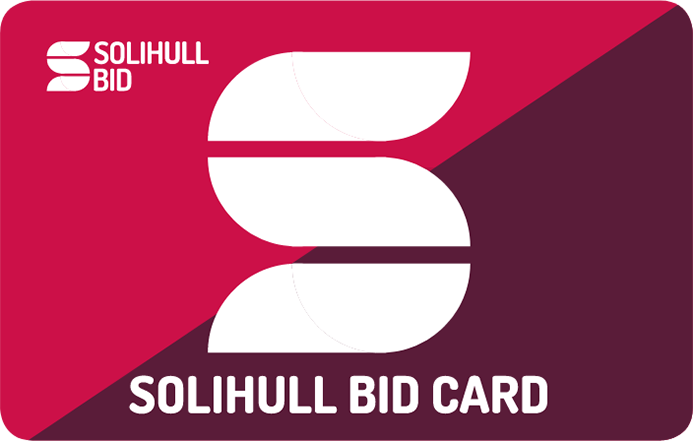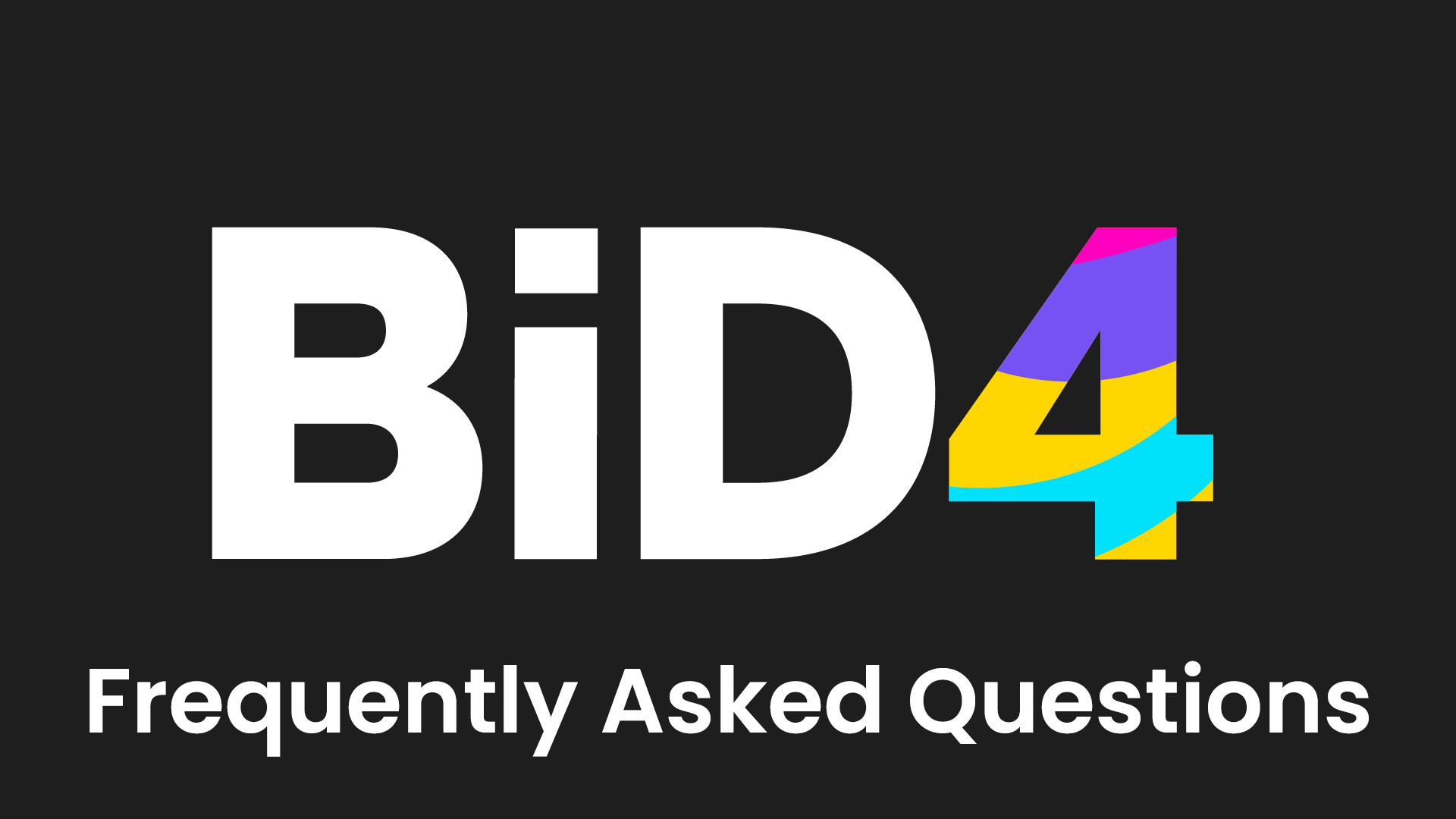
DISCOUNT CARDS


For further information about Solihull BID and how Business Improvement Districts are set up and governed, as well as the relevant Government legislation that pertains to BIDs, please take a look at this brief presentation we have produced: Solihull BID Information Presentation
Solihull BID was established by ballot in 2010 and again in 2015 and 2020 as an independent, business-led, not-for-profit initiative to ensure investment into the town centre based on the priorities of the business community.
All of the money raised by the BID – from the levy, sponsorship and commercial income – is invested directly back into Solihull town centre.
‘BID’ stands for ‘Business Improvement District’. BIDs are business-led partnerships that agree by ballot every five years to pay an extra levy based on their rateable value to fund activities, services and improvements that will benefit the businesses and the place in which they operate.
BIDs were first established in Canada and the US in the 1970s and now exist across the globe, including in South Africa, Germany, Japan, New Zealand and Australia.
Legislation enabling the formation of BIDs was passed in 2003 in England and Wales (with subsequent regulations published in 2004 and 2005 respectively) and in 2006 in Scotland. Kingston First became the first BID in the UK in 2005.
BIDs enter into baseline agreements with the local authority and other service providers which guarantee the level of base service provision in the area. These ensure that any services the BID provides are truly additional. Nationally, there are over 340 BIDs in the UK, investing over £150m every year, giving business an independent voice and investing in business-led initiatives.
A BID can only be formed following consultation and a ballot in which businesses vote on a BID proposal/business plan for the area. The ballot is run impartially by the local authority, in this case Solihull Metropolitan Borough Council. All businesses eligible to pay the levy are balloted.
For a BID to go ahead the ballot must be won on two counts: majority by number of votes and majority of rateable value of those voting.
In the Solihull BID3 (2020-2025) ballot held in 2019, 90.35% voted in favour and a 96.27% majority by rateable value.
All eligible ratepayers within the BID Area with a Rateable Value of £10,000 and above will be able to vote. All non-retail and non-commercial charities within the BID area will be exempt from the BID levy. All schools within the BID area will be exempt from the BID levy. Those organisations exempt from the BID levy do not vote.
Each business and/or organisation entitled to vote in a Business Improvement District ballot is allowed one vote in respect of each property occupied or, if unoccupied, owned by them in the geographical area of the Business Improvement District as at the date of the Notice of Ballot issued in August 2024.
The business/property owner themselves, or their nominated representative i.e. a manager/supervisor can vote. If the voter has left the business, a nominated representative i.e. a manager/supervisor can vote in their place.
Ballot papers will be posted by Solihull Metropolitan Borough Council’s electoral services team on 10th September ahead of the ballot commencement on 12th September and they will include:
Using the postage paid, return envelope provided. Alternatively, you can post your vote into the dedicated BID4 Ballot Postbox situated behind the reception at Solihull Council House in Manor Square at the back of Touchwood. The Council House reception is open 9am – 5pm (Monday – Thursday) and 9am – 4.30pm on Fridays.
If the original ballot paper does not arrive, a replacement paper can be requested from Civica Election Services at bids@CESvotes.com by filling in this form. All replacement requests need to come through from the voter with the completed replacement request form and proof of ID.
Ballot papers will come in a white envelope with the Solihull BID logo in black, indicating the envelope contains important voting material.
The ballot paper itself will be lilac to distinguish it from the other paperwork in the envelope.
The Solihull BID Area includes the majority of central Solihull town centre. Please refer to the Business Plan which includes a map of the Area and details all roads included: https://solihullbid.co.uk/wp-content/uploads/BID4-Business-Plan-2025-2030.pdf
Businesses will pay an annual levy, payable in July each year, of 1.75% of rateable value, which means all businesses pay an equitable levy figure proportionate to their scale. The BID levy may include an annual inflationary increase in line with the CPI (Consumer Price Index). It will be at the Board’s discretion whether to apply the inflation factor each year.
The table below shows what the levy will be based on a levy multiplier of 1.75% of rateable value.
| Rateable Value (RV) | Annual Levy @ 1.75% | Monthly Cost | Weekly Cost |
| £10,000 | £175 | £14.58 | £3.37 |
| £20,000 | £350 | £29.17 | £6.73 |
| £50,000 | £875 | £72.92 | £16.83 |
| £100,000 | £1,750 | £145.83 | £33.65 |
| £250,000 | £4,375 | £364.58 | £84.13 |
| £500,000 | £8,750 | £729.17 | £168.27 |
| £750,000 | £13,125 | £1,093.75 | £252.40 |
No. A positive result in the ballot will mean that all eligible businesses over the threshold and within the BID boundary are required by law to pay for a five-year period.